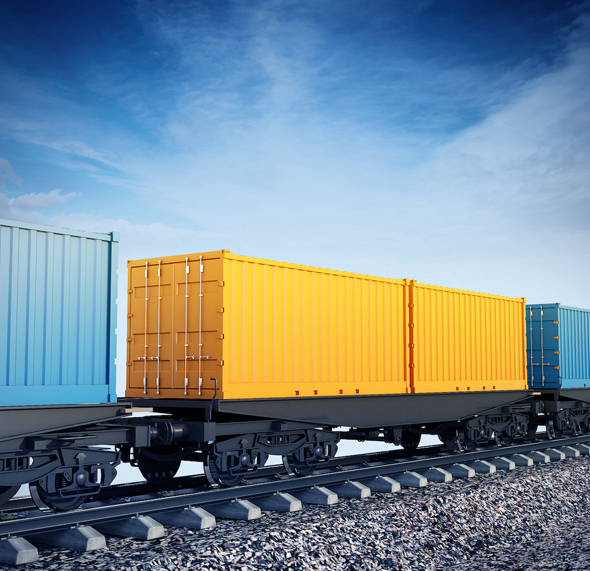Rail shipments are a popular method of transporting goods and commodities, involving the use of trains that run on railway tracks. Rail shipments have many benefits, including their cost-effectiveness, energy efficiency, and capacity to move large volumes of goods over long distances.
One of the primary advantages of rail shipments is their cost-effectiveness. Rail shipments can transport large quantities of goods at a lower cost than other modes of transportation, such as air or trucking. This makes them an attractive option for businesses that need to transport bulk goods over long distances.
Rail shipments are also energy-efficient, as trains can transport a large amount of cargo using less fuel than other transportation methods. This results in lower emissions and a reduced environmental impact compared to other modes of transportation. Additionally, railways are typically less prone to traffic congestion, reducing the time it takes for goods to be transported.
Another benefit of rail shipments is their ability to move large volumes of goods over long distances. This makes them ideal for transporting commodities such as coal, grain, and other raw materials. Rail shipments are also commonly used to transport finished products, such as automobiles and electronics.
Rail shipments require specialized infrastructure, including railway tracks, terminals, and loading facilities. These facilities are managed by railway companies, which operate trains and provide services to businesses that need to transport goods. Railway companies are responsible for maintaining the infrastructure and ensuring the safe and efficient movement of goods.
Rail shipments are a cost-effective, energy-efficient, and reliable method of transporting goods and commodities over long distances. They offer many advantages over other modes of transportation and are an essential part of the global logistics network. As businesses continue to seek sustainable transportation options, rail shipments are likely to play an increasingly important role in the future


